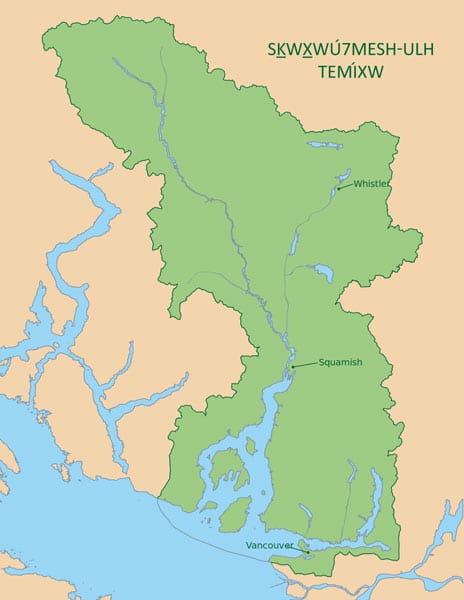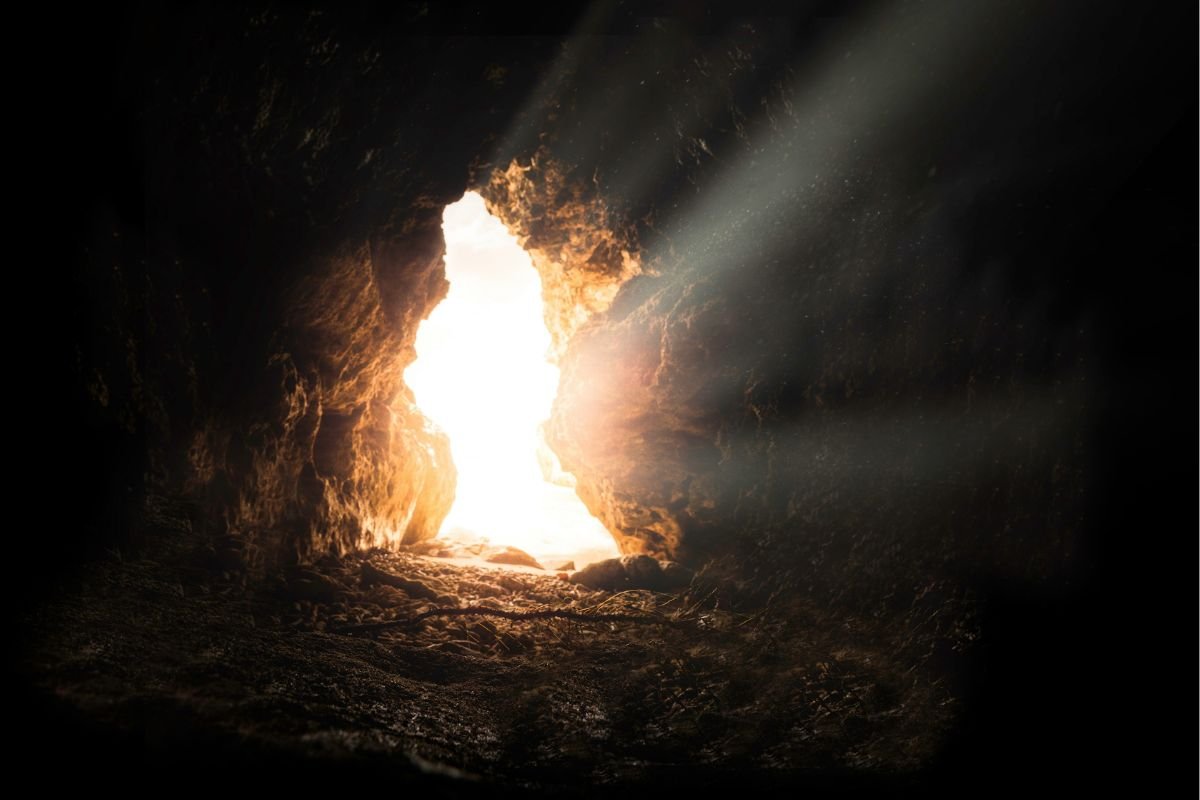
February 22, 2019; North Shore News
First Nations and other environmental advocates reacted strongly this week when Canada’s National Energy Board (NEB) once again recommended that Kinder Morgan’s Trans Mountain pipeline be expanded across British Columbia. The Canadian government is trying to minimize the problem by limiting themselves to cautious language and specific concerns, while indigenous and other environmental advocates point out that the pipeline is a larger environmental menace.
Kinder Morgan has been trying to expand this pipeline for years, and several major members of the Canadian government, including Prime Minister Justin Trudeau, have supported the initiative because it would bring money and jobs to Canada’s economy. Several First Nations whose land contains part of the pipeline’s planned route, including the Squamish and Tsleil-Waututh, never ceded their lands to Canada and are still sovereign nations who have not given their consent for construction. However, as with the Coastal GasLink pipeline that TransCanada wants to run through Wet’suwet’en territory, Canada’s settler colonial government does not seem to view indigenous sovereignty as more than a procedural hurdle.
The re-review of the project by the NEB focused on the potential effects of pipeline construction and the resultant shipping on the resident orca population, as the orcas are of significant cultural value to several First Nations. But by narrowing the problem to the effect on orcas and the potential for pipeline leaks—always a contested issue—the NEB, Kinder Morgan, and other pipeline supporters failed to consider the bigger picture.
Khelsilem, a Squamish Nation spokesman, said, “We are in a climate emergency and we need to recognize the scale and scope of the emergency and respond accordingly.”
Stewart Philip, Grand Chief of the Council of BC Indian Chiefs, said, “The gauntlet has been thrown down by the Trudeau government and the NEB and the fossil fuel industry.”
Resistance to the pipeline, led by First Nations communities, has been ongoing for years and has been a major force preventing expansion so far. The Tiny House Warriors build tiny houses on the proposed pipeline routes to interfere with construction; the Lummi nation collaborated with a pop-up museum to convey the importance of the orca population the pipeline endangers.
The Tsleil-Waututh Nation’s Sacred Trust Initiative actually commissioned their own report on the pipeline’s environmental impacts with the Treaty, Land, and Resources Department. Unsurprisingly, its conclusions are significantly different from those of the NEB report; for one thing, the TLR/Tsleil-Waututh report estimates the likelihood of a leak or spill from the pipeline at 90 percent. In their testimony to the NEB before the first recommendation in 2016, they stated,
Sign up for our free newsletters
Subscribe to NPQ's newsletters to have our top stories delivered directly to your inbox.
By signing up, you agree to our privacy policy and terms of use, and to receive messages from NPQ and our partners.
We stand here together as Tsleil-Waututh people and we say “no.” We say “no” the risk is too great. Our obligation is not to oil. Our obligation is to our land, our water, our people, our life, our “snəwayəɬ.” According to our snəwayəɬ, our law, this project represents a risk that we the Tsleil-Waututh people are not willing to take.
Their report cites the thousands of years of environmental stewardship that has been damaged in just two centuries, the responsibility for future stewardship the tribe feels, and over a dozen sovereign rights that would be violated by pipeline construction.
The NEB report doesn’t try to claim that there are no risks or downsides to the pipeline, merely that they are outweighed by the potential economic benefits. Robert Steedman, chief environmental officer for the NEB, said the risks of the project “can be justified” in light of its benefits, which seems to us, in light of the climate instability the world now faces, to be preposterously short-term thinking.
Arnd Jurgensen of Canada Now said,
Besides nuclear annihilation (and it’s hard to see how exporting tar sands oil plays a role in protecting us from that) we face one existential threat above all others: climate change…The only policy by which Canada can make a meaningful impact on this threat is to declare that all fossil fuels under Canadian territory will stay in the ground (and to pressure other states to follow suit).
The language in the NEB’s report doesn’t commit them to do anything concrete about the environmental impact of oil shipping; it obliges them to “monitor” and “consider” the effects of their actions, “assess” their impact, but none of it actually impedes the work.
On a bigger scale, the different discourses used by First Nations and the settler colonial government to talk about obligations is telling. Whereas tribal leaders cite sovereign rights and obligations of consent, Fisheries Minister Jonathan Wilkinson cited “our duty to consult and attempt to accommodate the concerns of Indigenous communities.” Those are two different levels of power afforded to First Nations and a critical distinction in terms of pipeline and other decisions. Tsleil-Waututh Nation Chief Maureen Thomas said the consultation “felt like another rigged process with a pre-determined outcome from the start.”
No First Nations have been reported to have accepted the NEB’s conclusions; instead, all have pledged to keep fighting.—Erin Rubin












